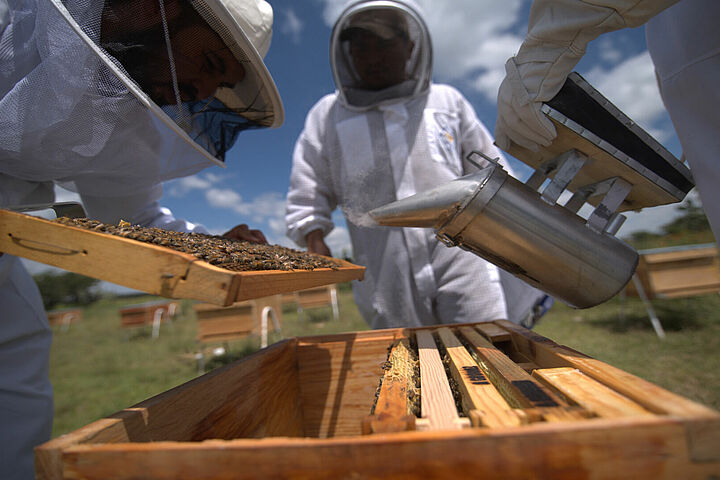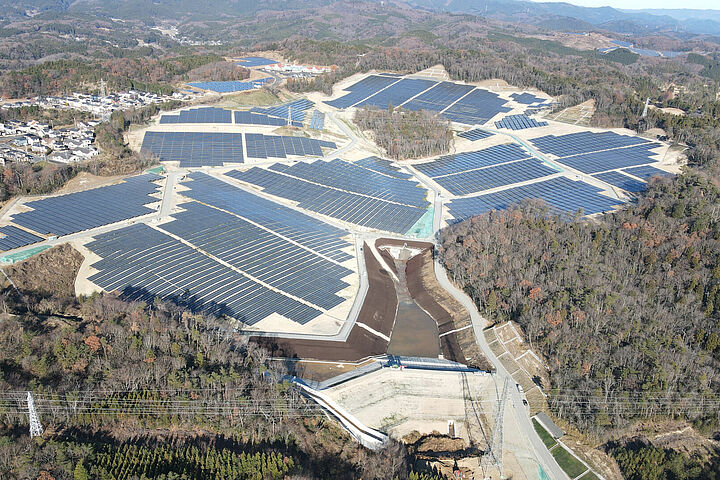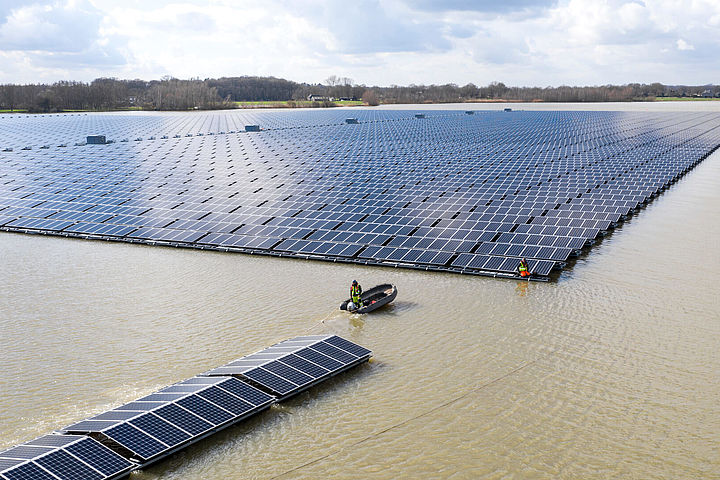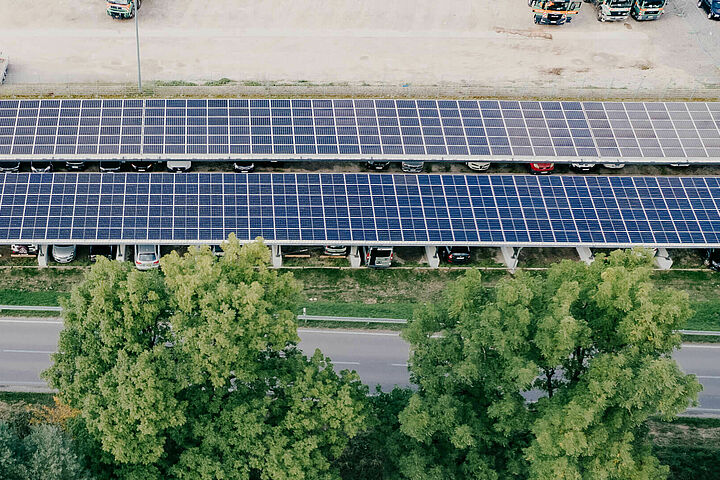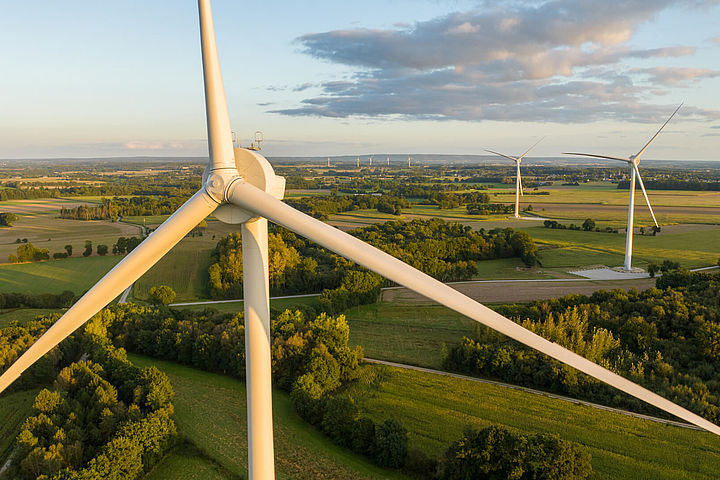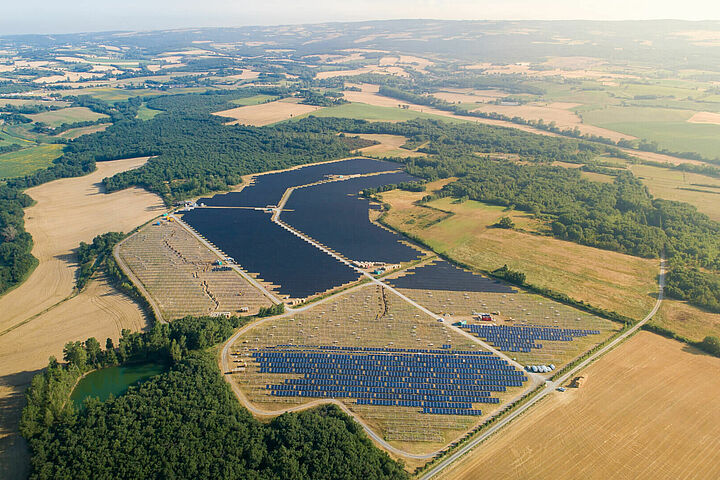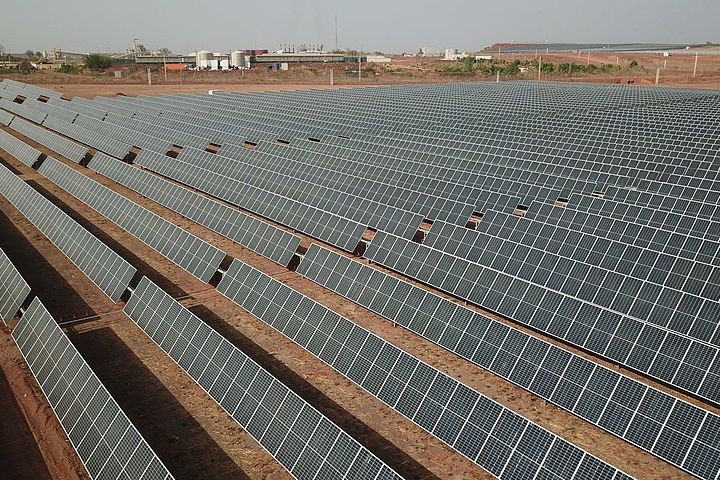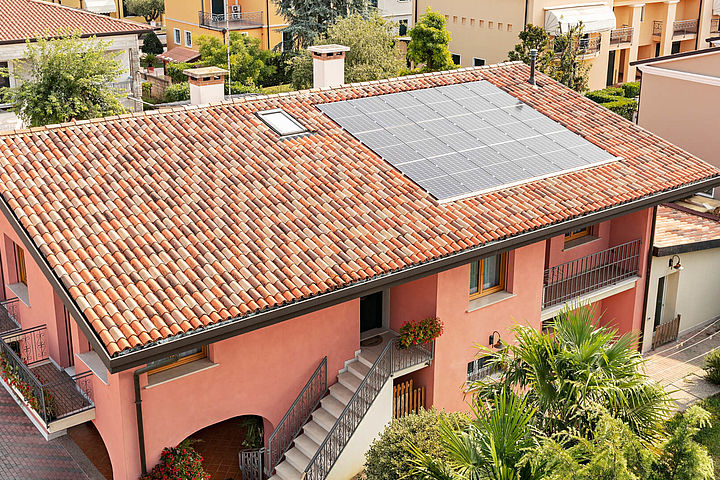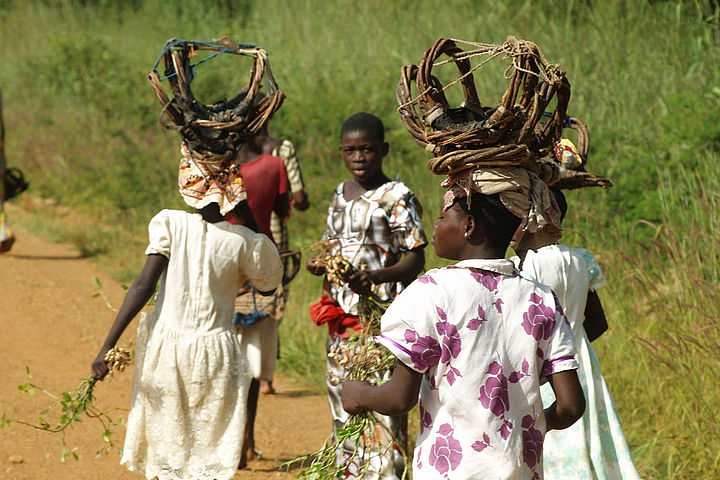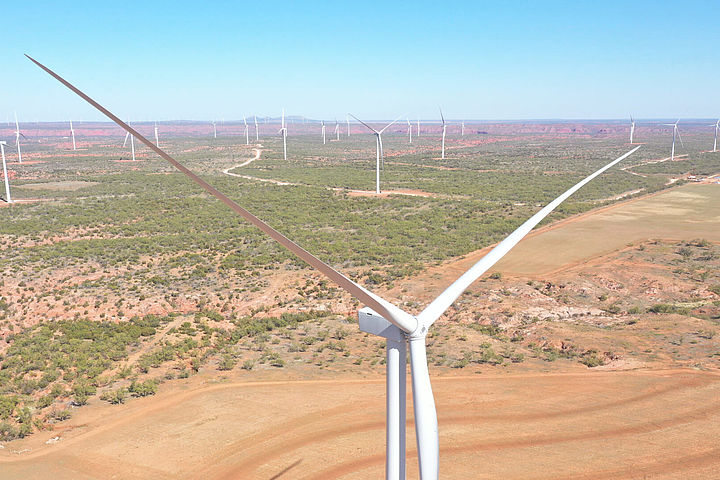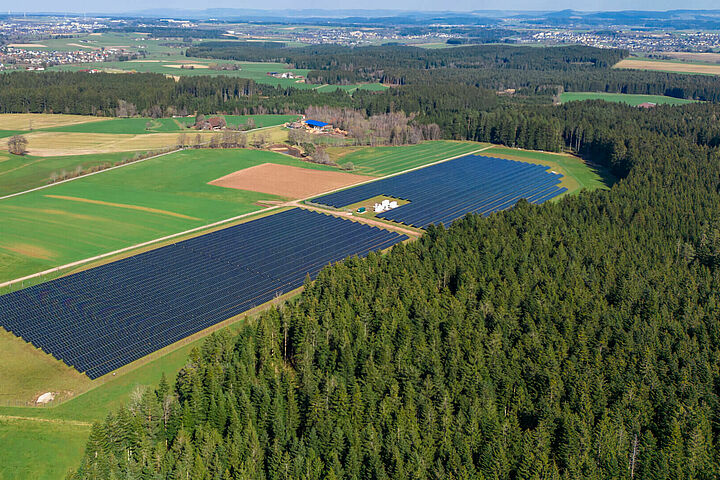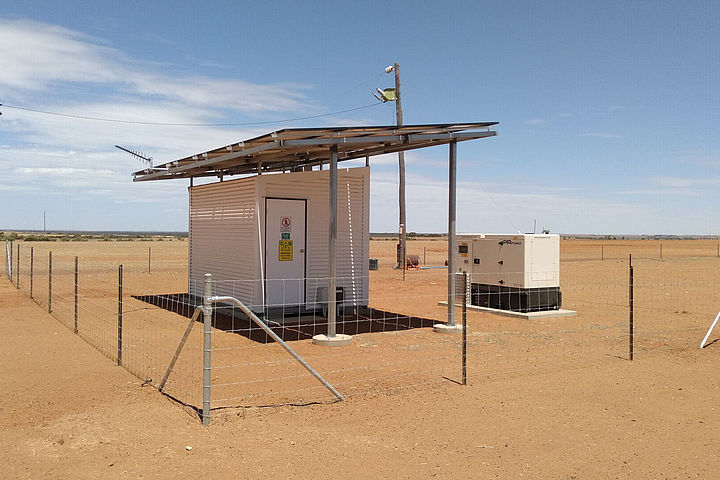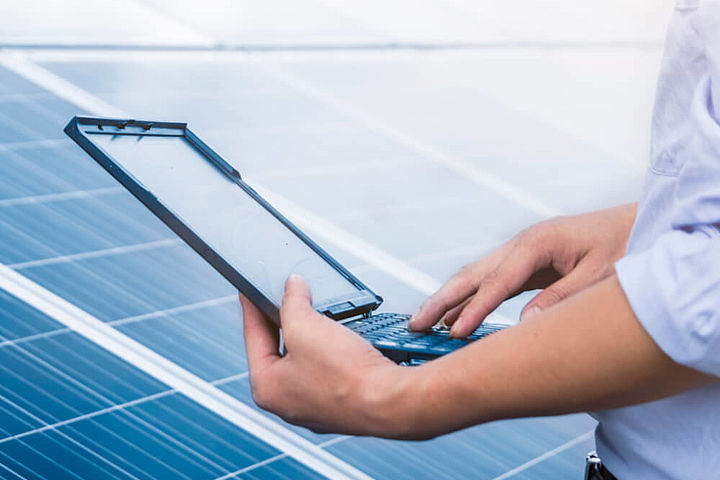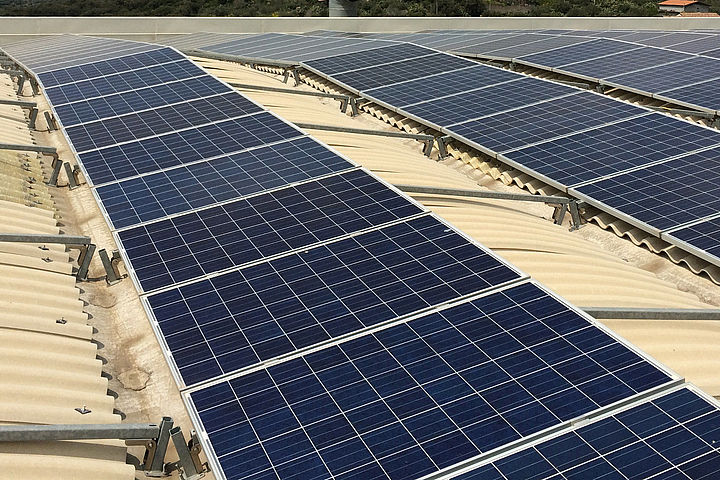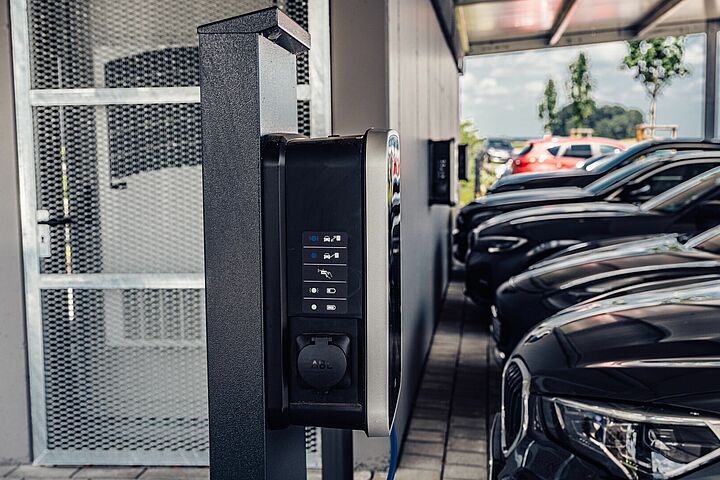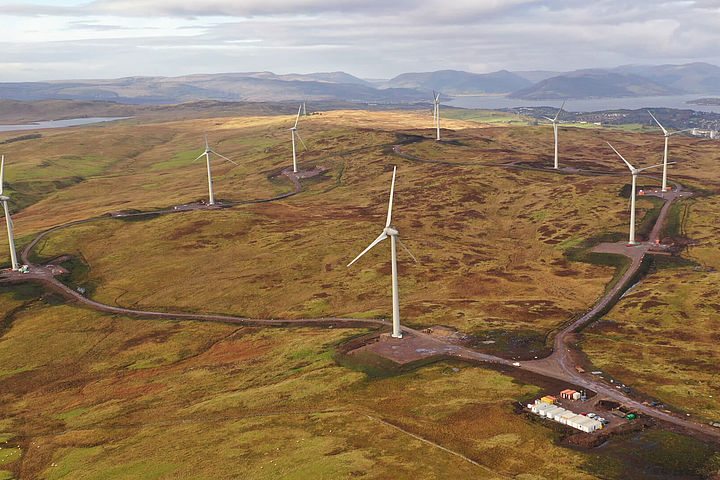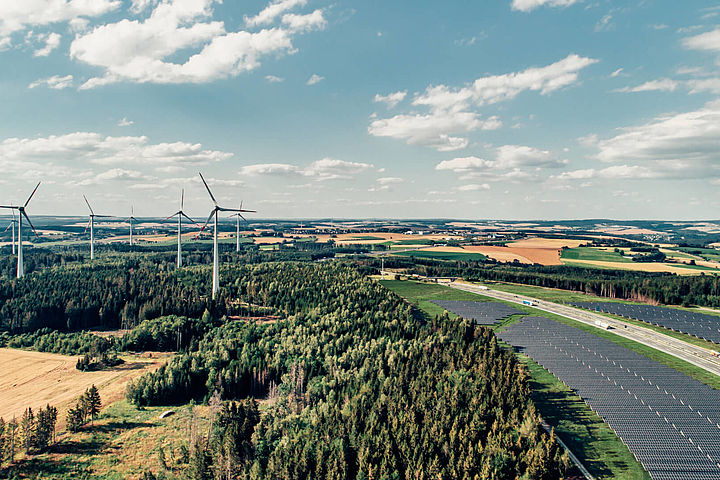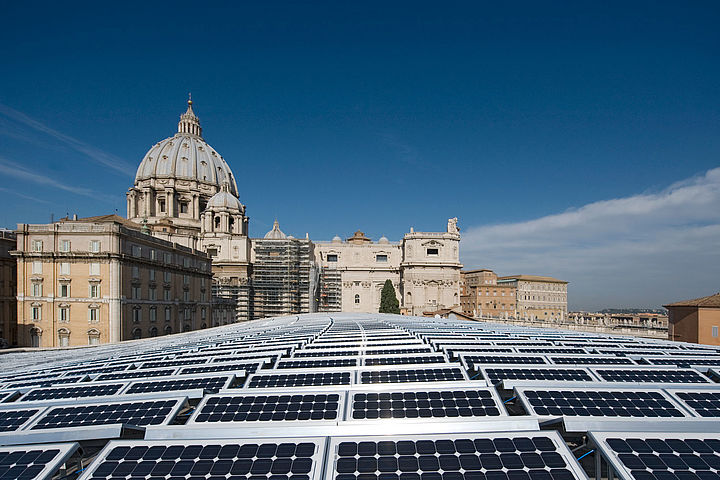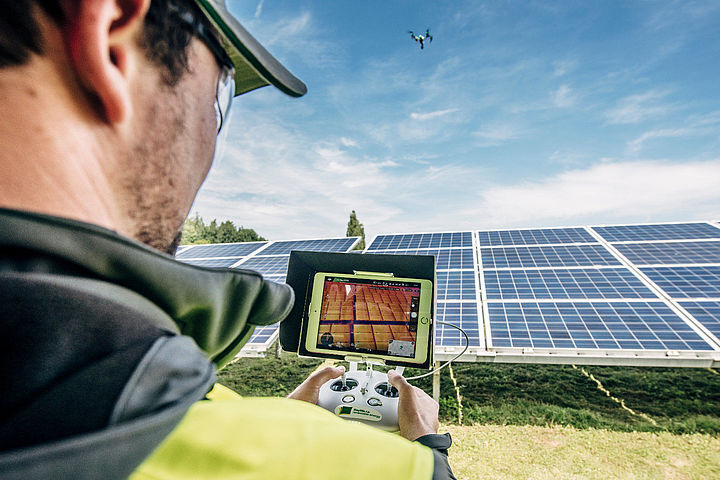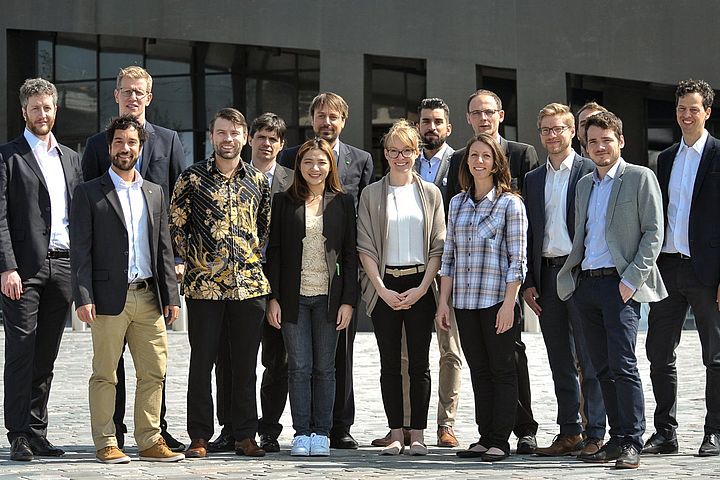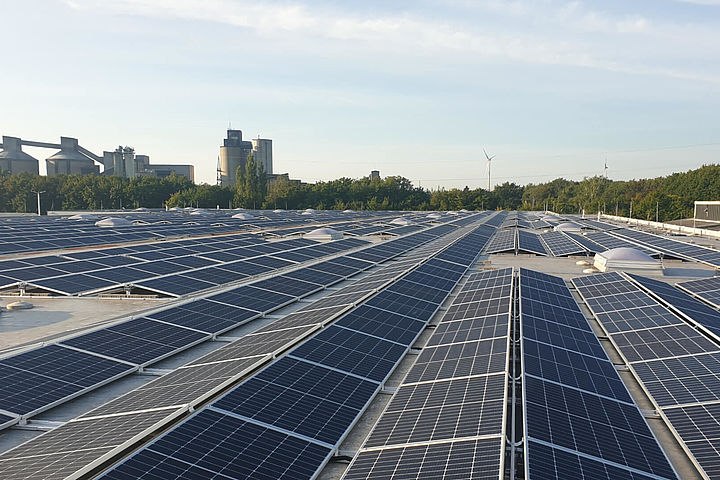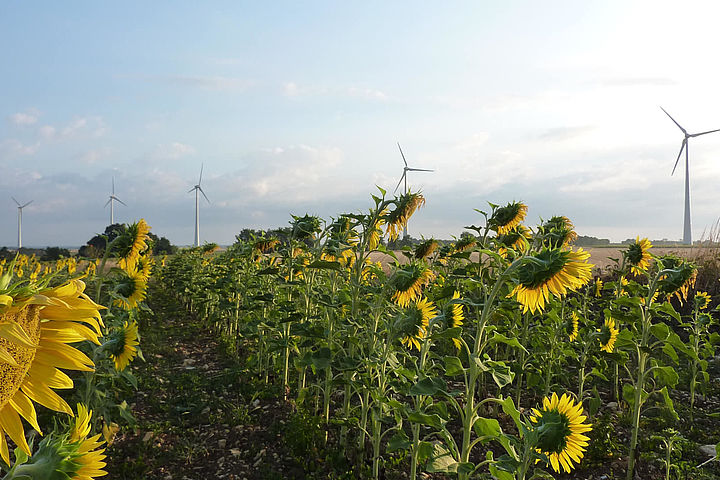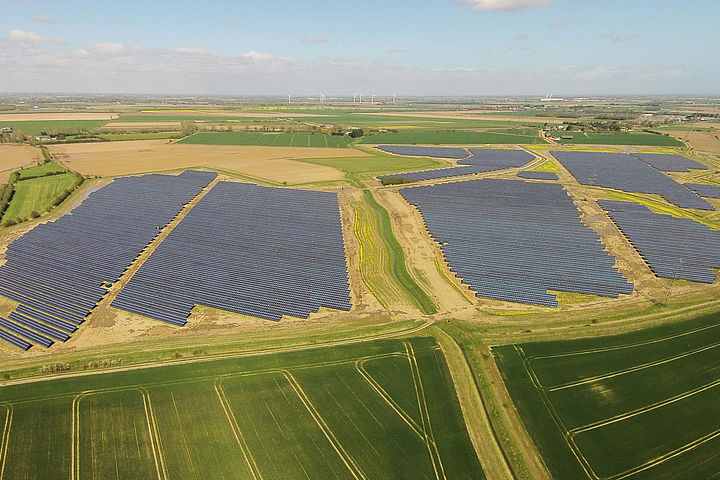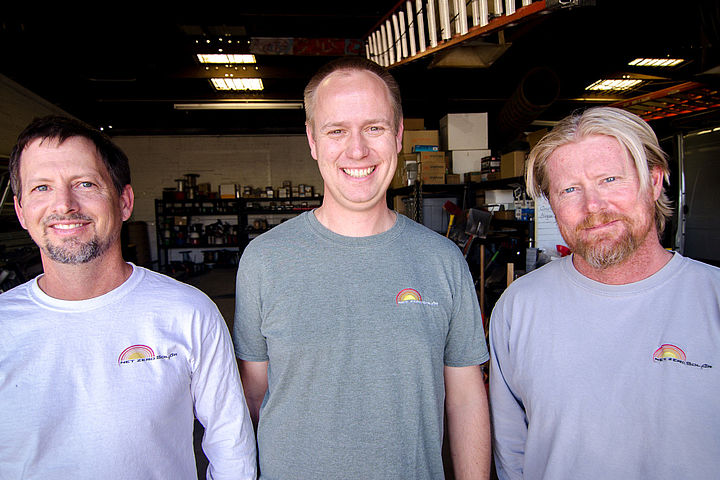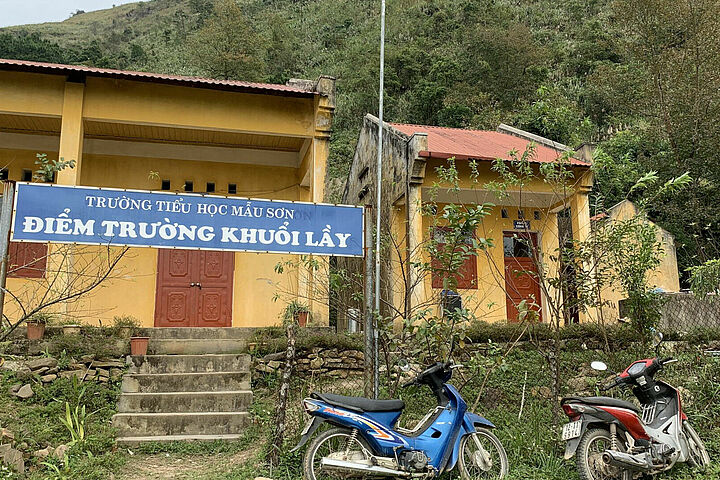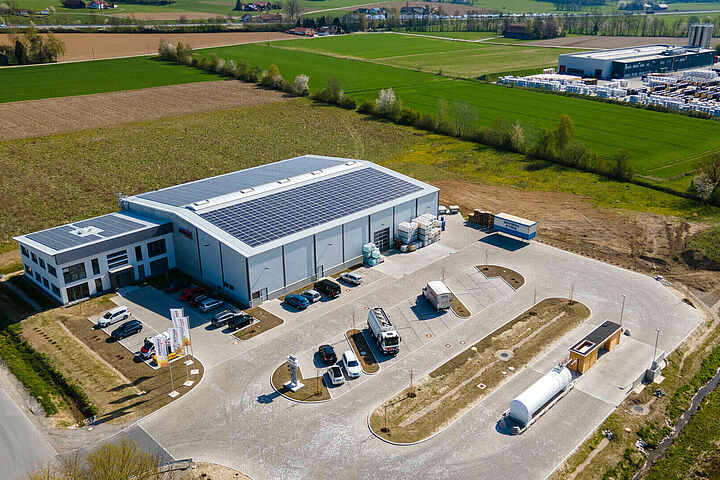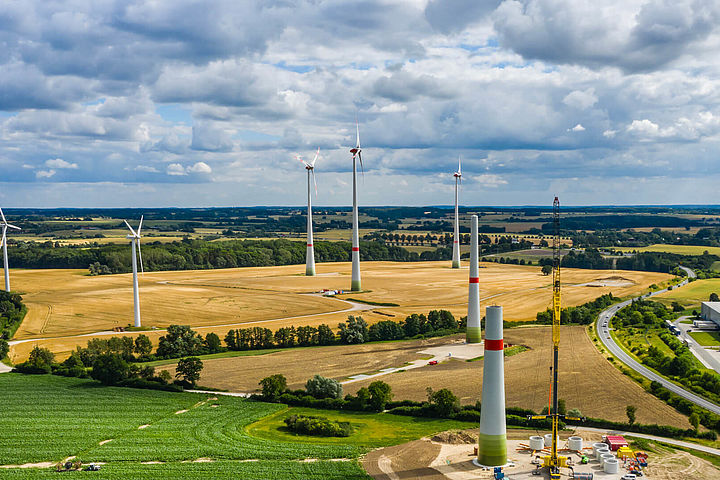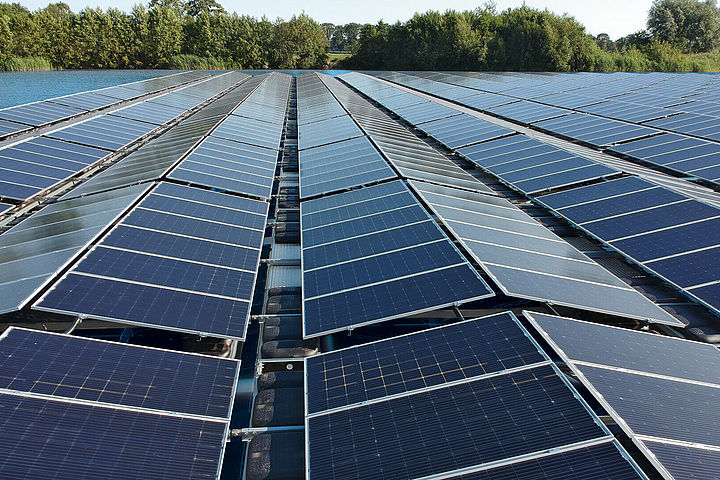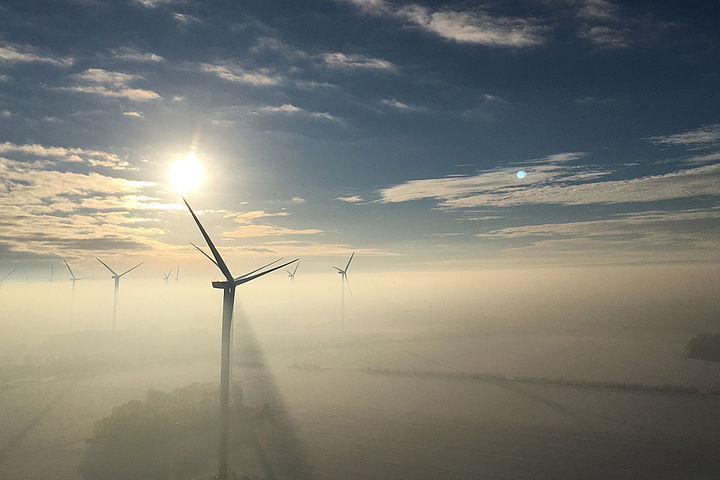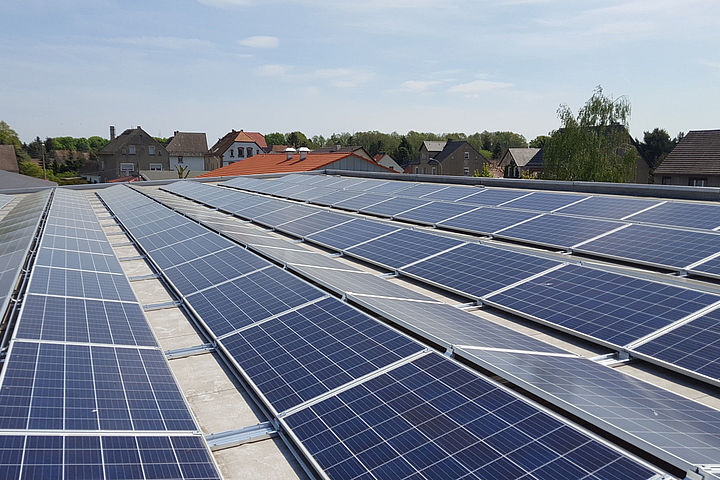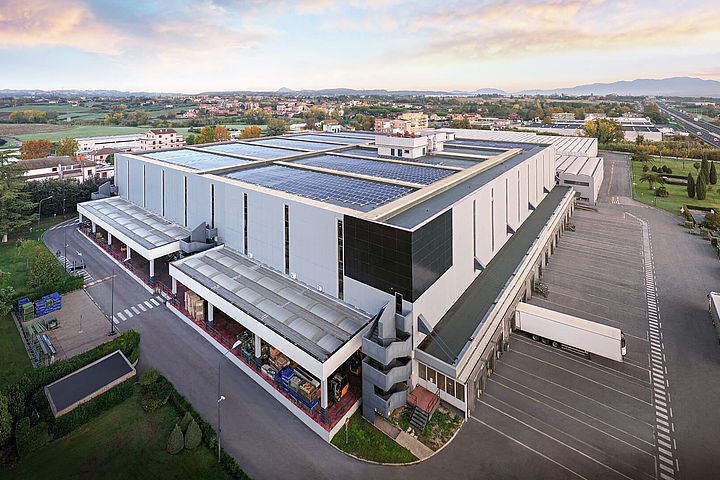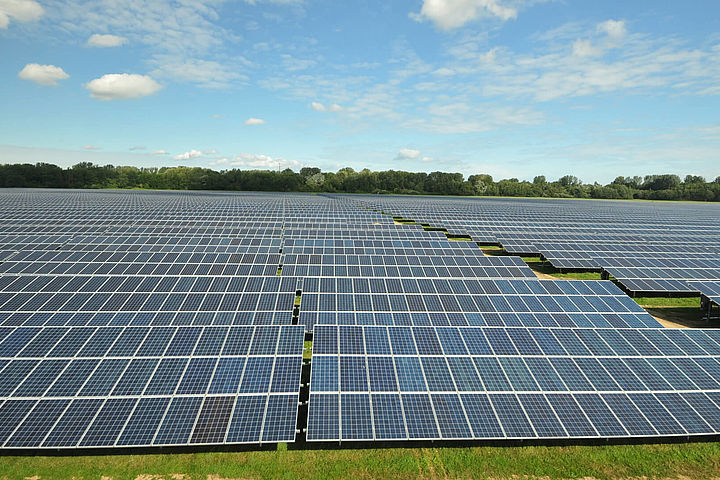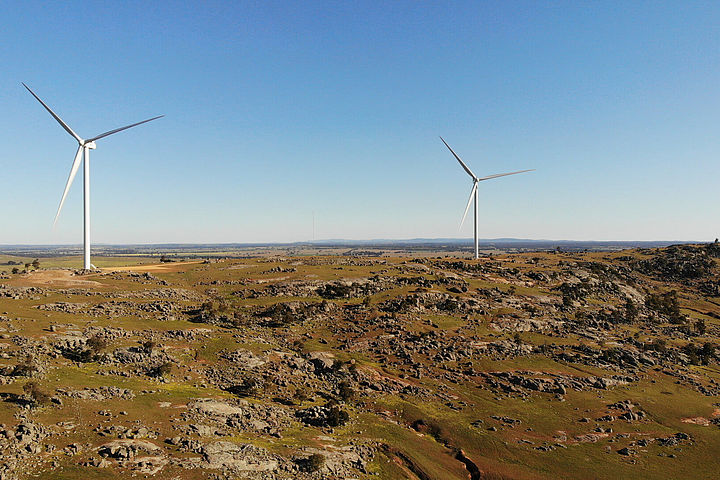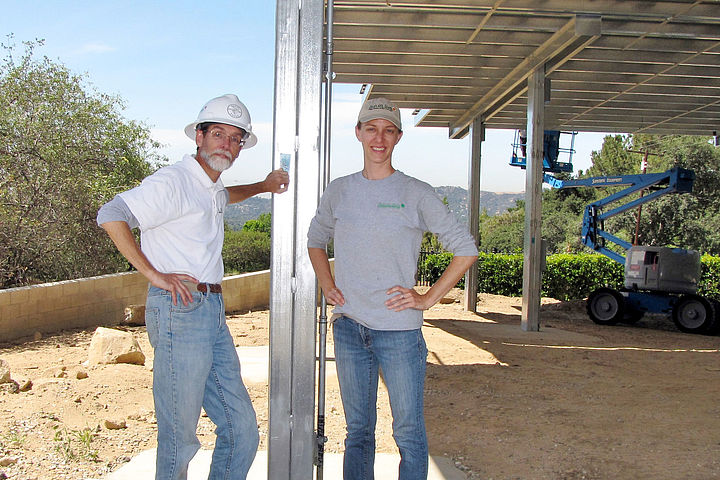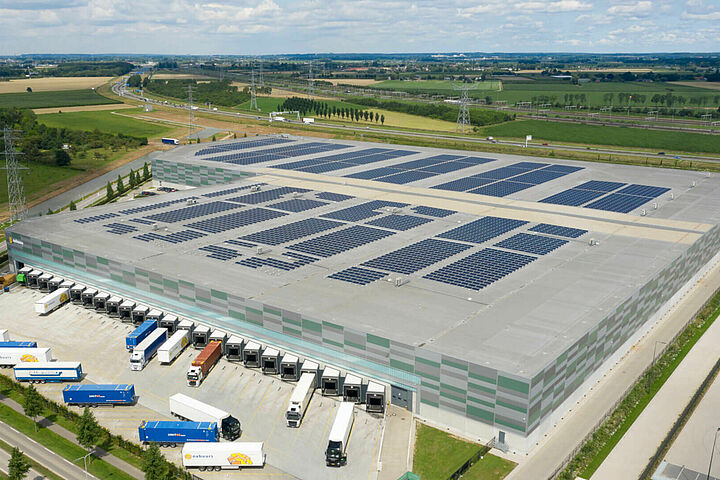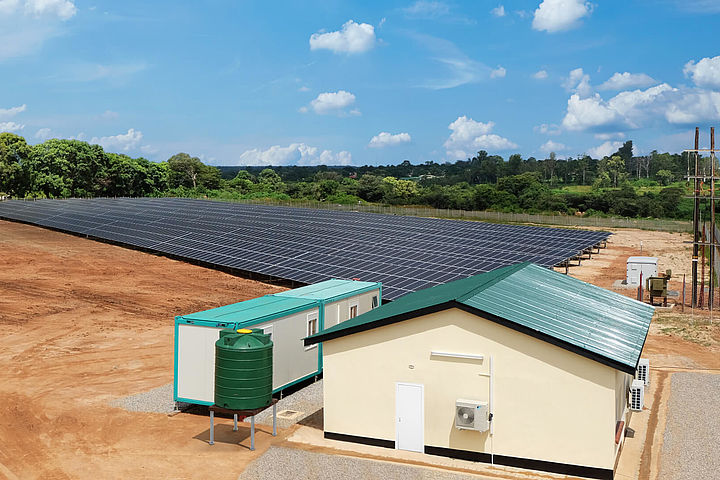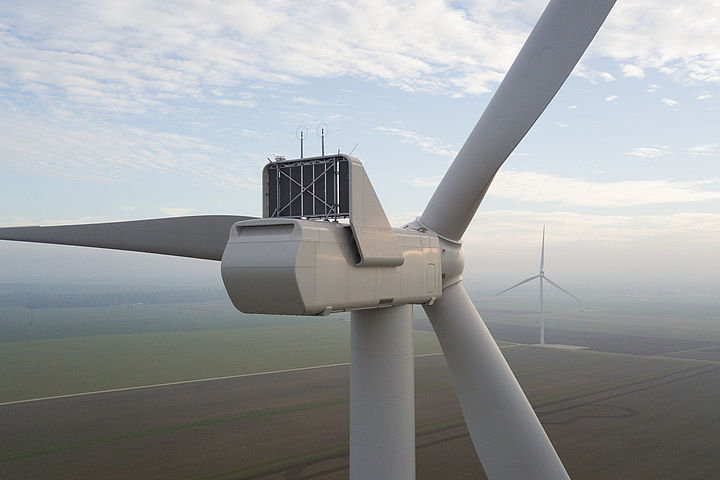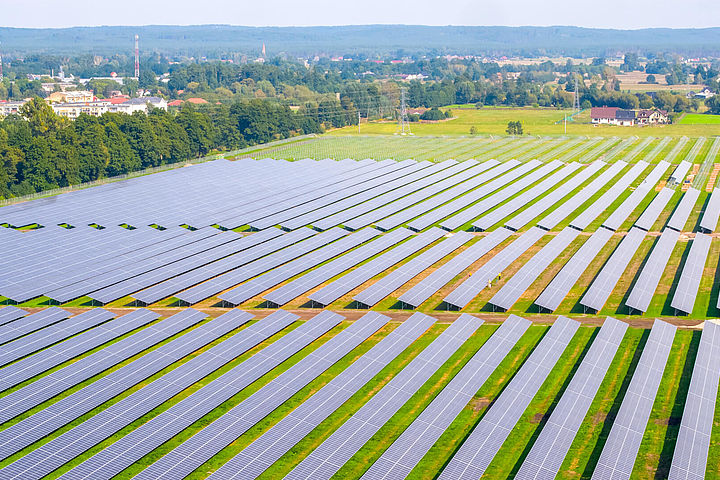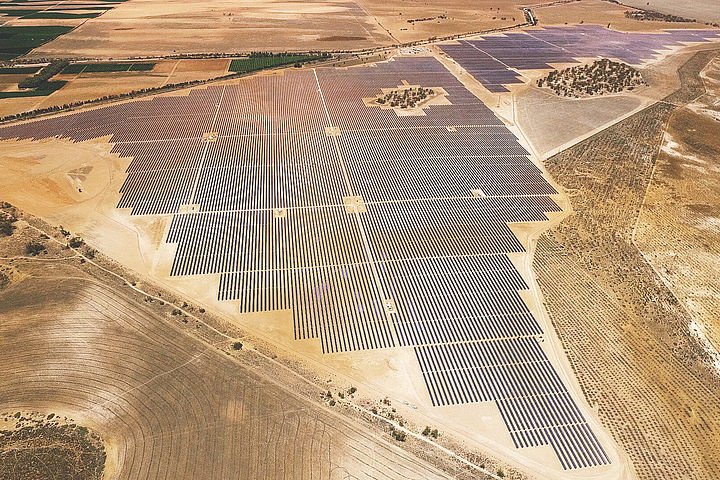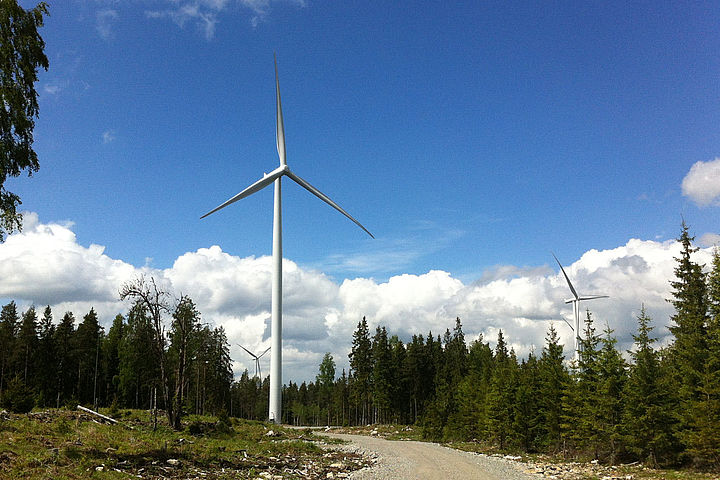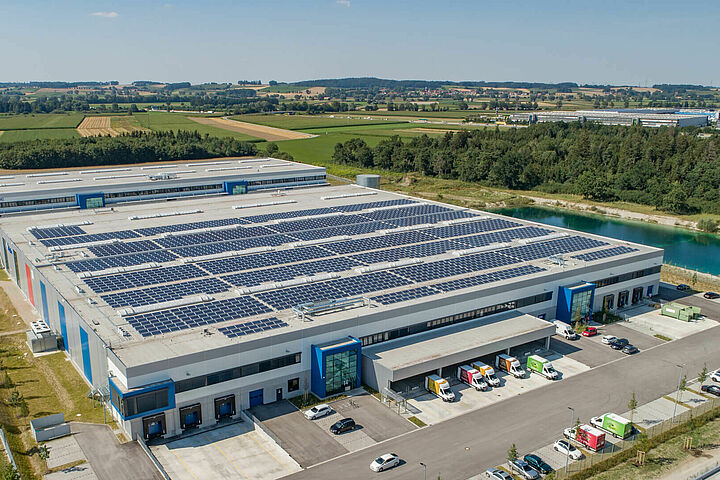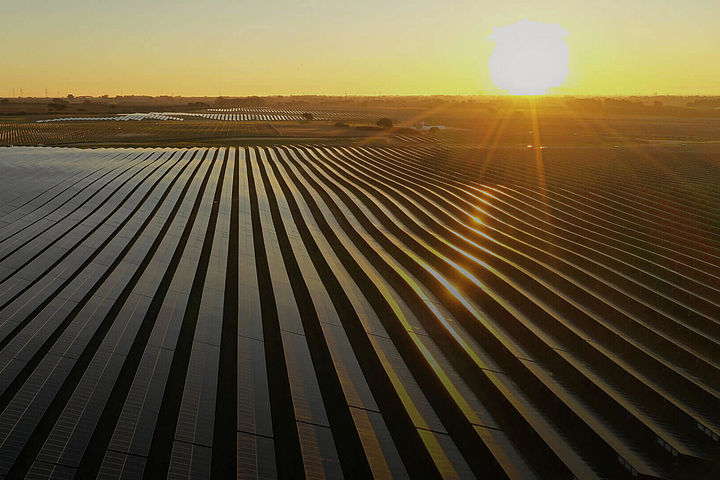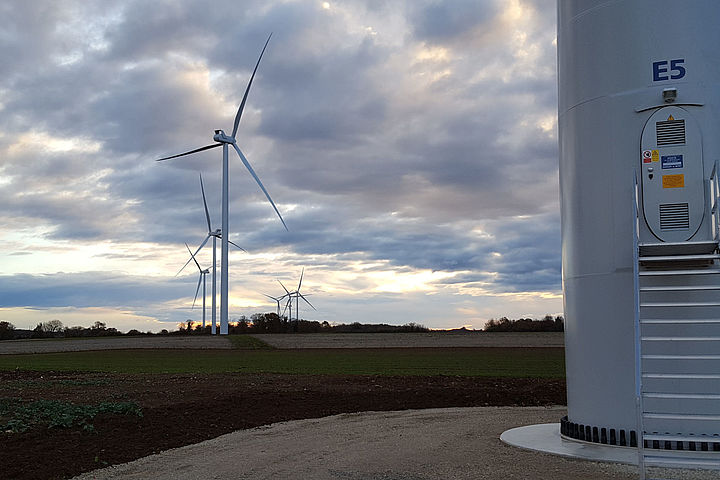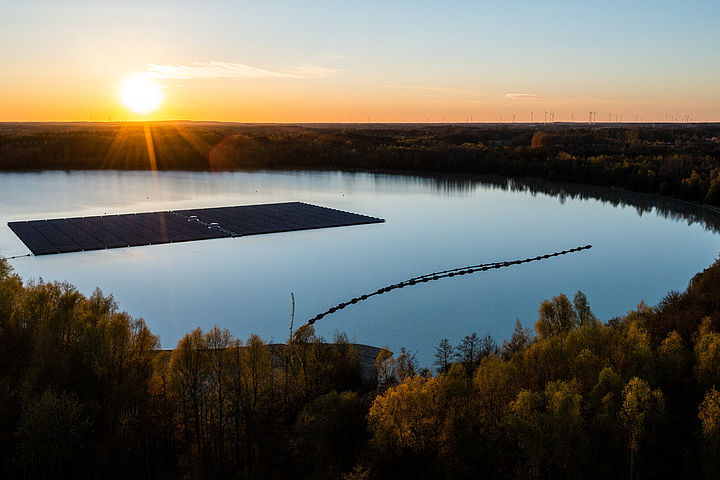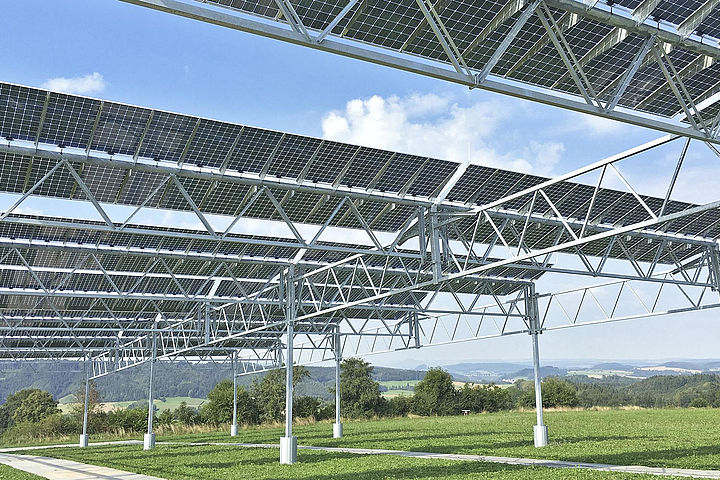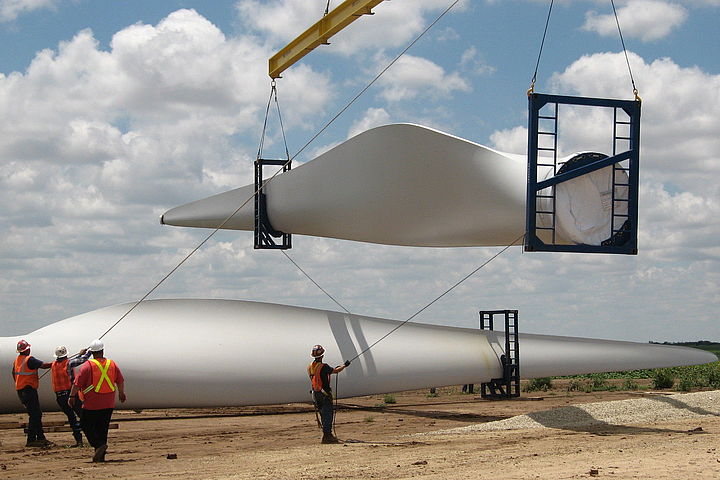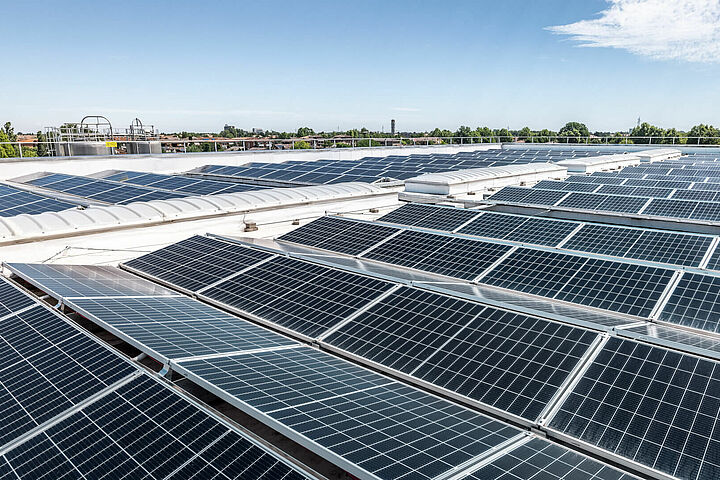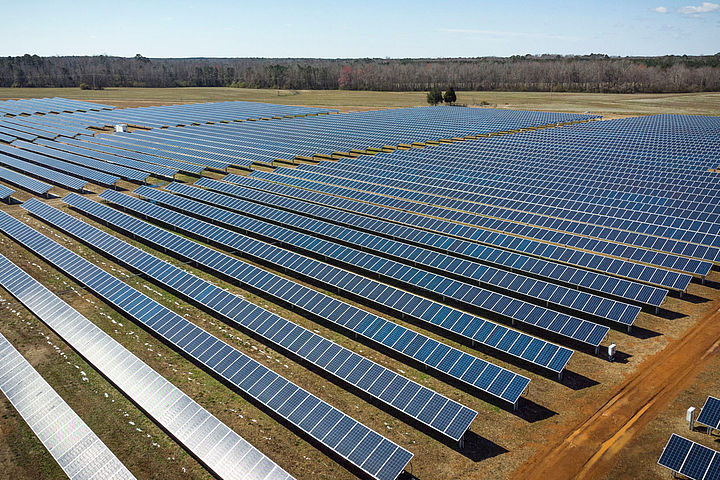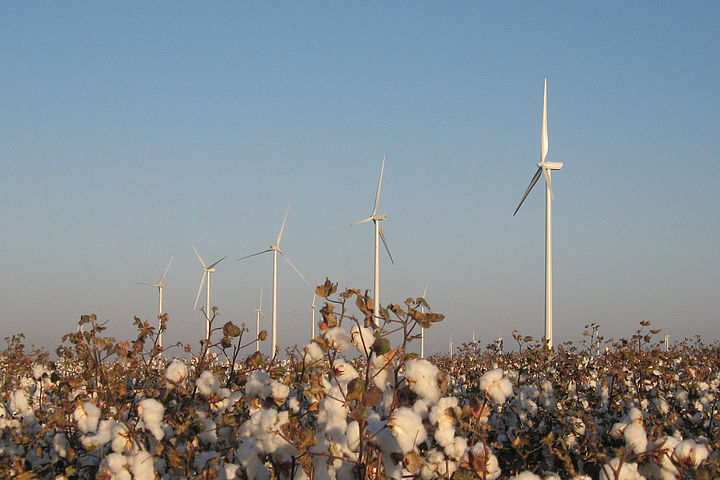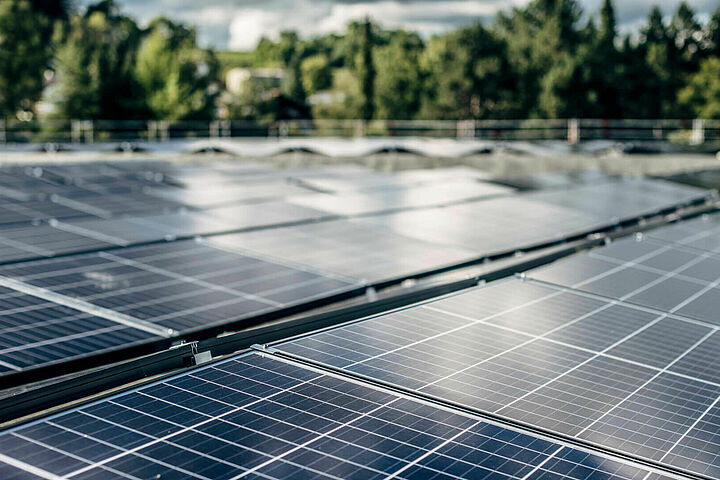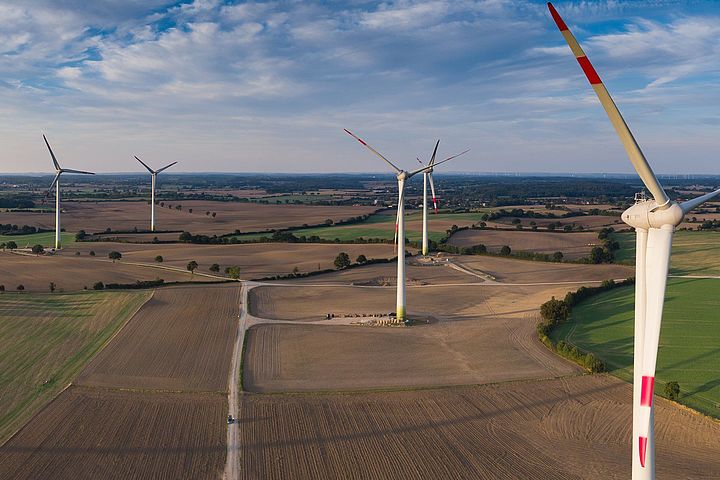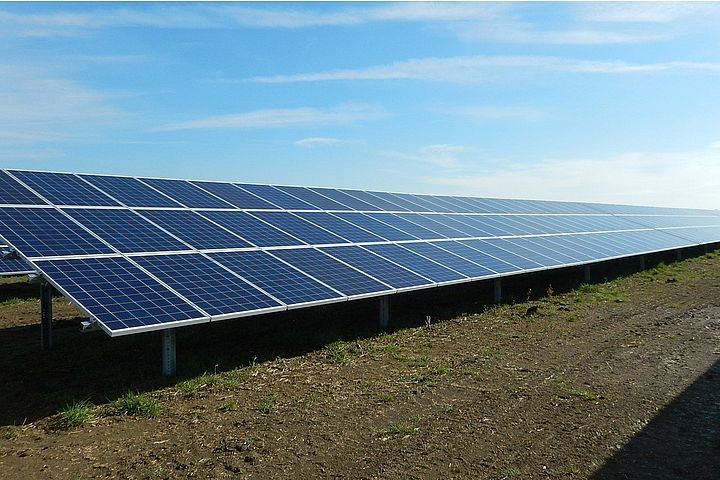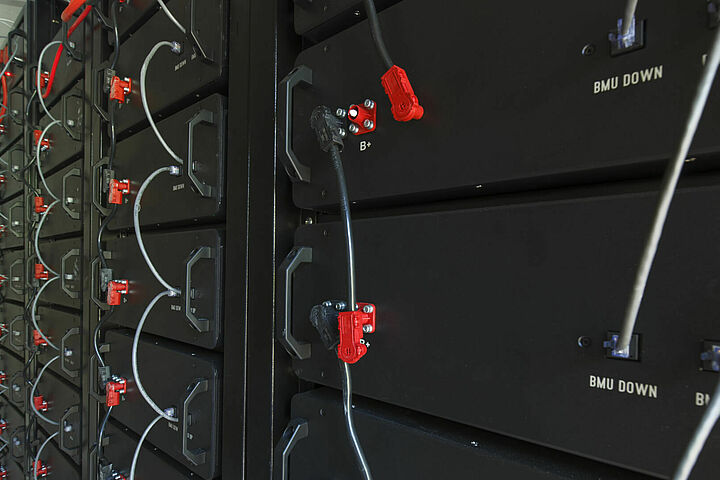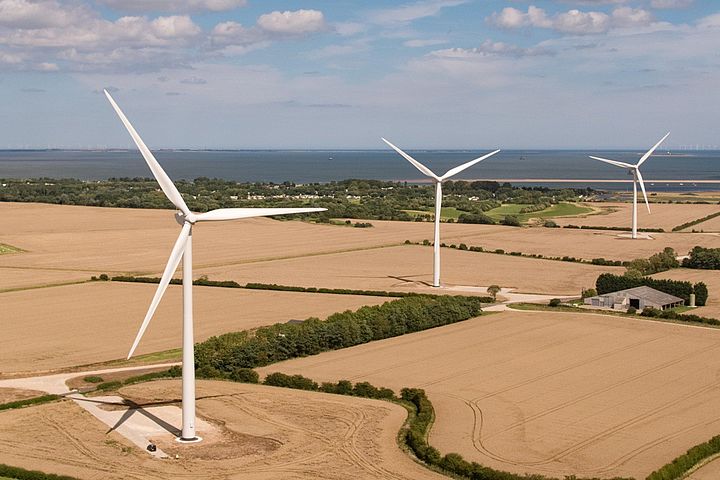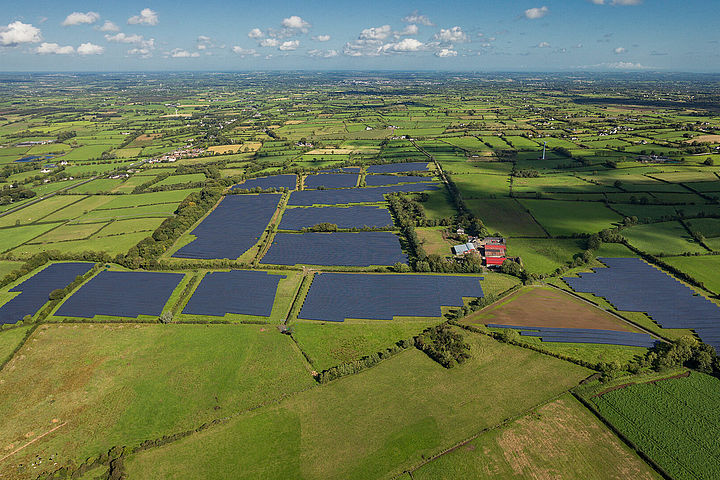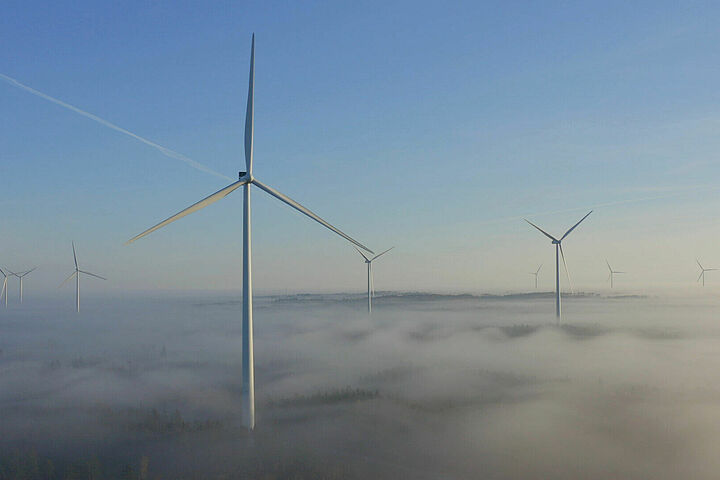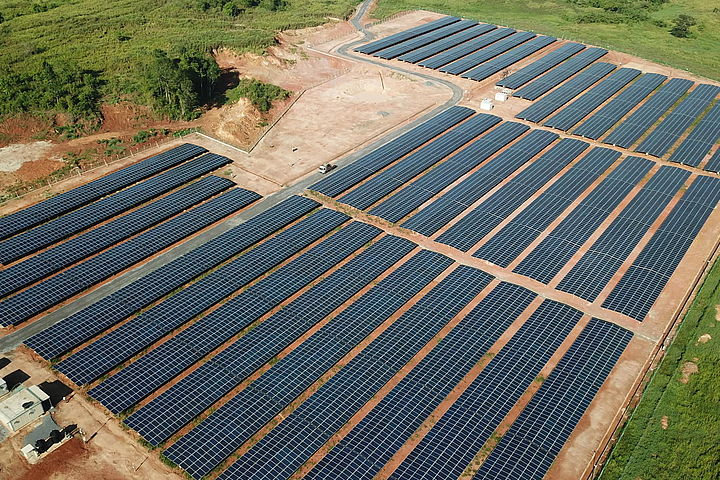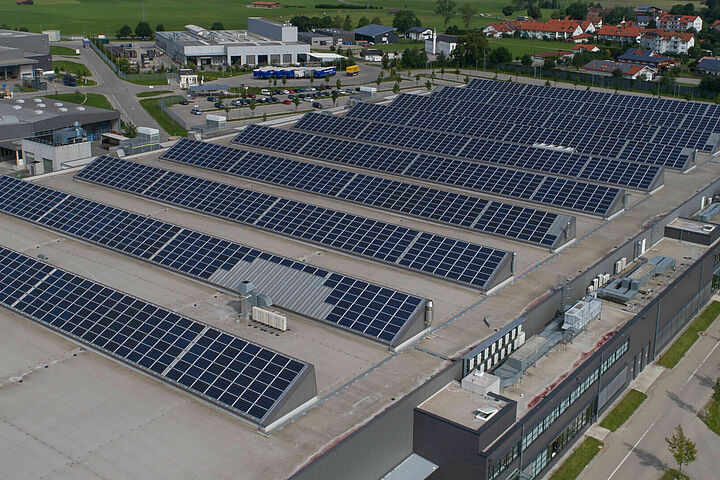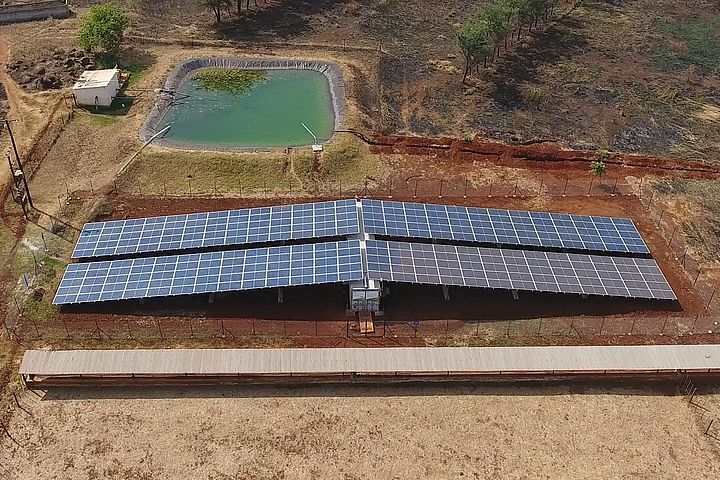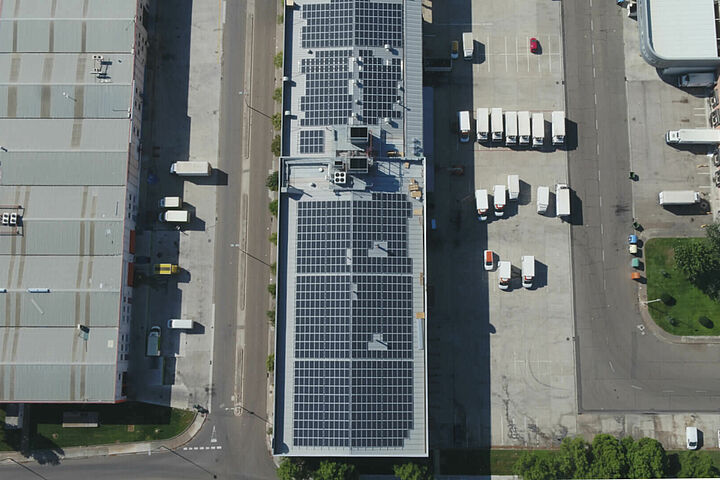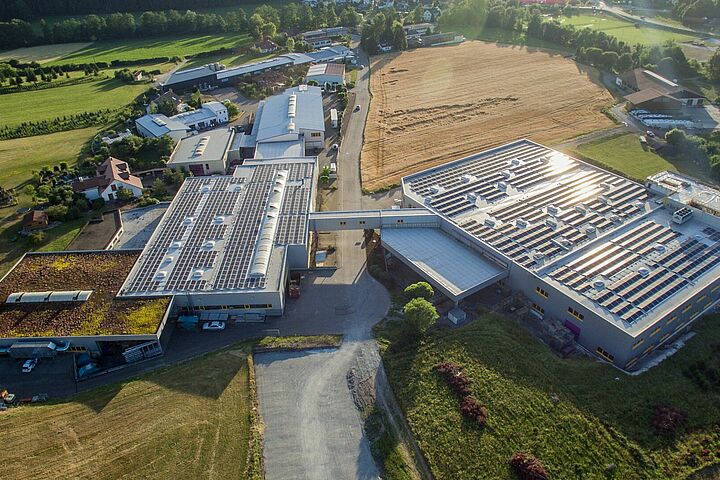Floating-PV delivers energy independence to Thai industry
01—
Setting the scene
The city of Ubon Ratchathani lies around 615km northeast of Bangkok, Thailand. There, Ubon Bio Ethanol PCL (UBE) set out to create one of the country’s first floating solar (Floating-PV) platforms.
One of Thailand’s leading manufacturers and distributors of processed cassava products, UBE needed a development partner who could match their ambitious clean energy requirements. With our impressive track record all over the world, and particularly in Southeast Asia, BayWa r.e. were chosen to be that partner.
After a thorough, careful design phase, it was decided that we’d install two separate floating platforms across two lakes on UBE’s premises. The final plans would call for nearly seven thousand bifacial PV modules, with the goal of producing thousands of MWh in renewable energy each year.
02—
Meeting the challenges
This project happened during the peak of the pandemic, meaning strict safety protocols had to be observed at all times. Not only that, but our design team utilised two different floatation systems; a pure plastic float and one incorporating metal supports.
The workforce, mostly made up of local contractors, had to be trained to install both systems. We also had to handle the logistics of shipping both types of float from around the world to our site in Ubon Ratchathani.
From a different perspective, challenges arose from the fact that this was one of our first commercial PPA projects in Thailand. Our legal team had to negotiate each contractual nuance as it arose, creating a package that satisfied all the project’s stakeholders.
Thanks to our global network and extensive track record, none of these challenges proved too much for our team. We’re experts in global logistics, and well-versed in teaching contractors the skills they need to complete the task at hand and advance their own future careers.
03—
The result
The completed project now boasts 6,900 bifacial PV modules, generating 4,440 MWh of renewable energy per year. For our first Floating-PV project outside Europe, this 2.83 MW farm is a resounding success.
100% of this power goes towards supporting UBE’s operations which accounts for 20% of UBE’s energy demands, reducing their reliance on temperamental local grids. It’s a giant step towards sustainability and energy self-reliance, at a time when both bring enormous goodwill from customers, local communities and policymakers.
Better yet, local contractor firms have felt the benefit of staff being upskilled on the latest sustainable energy hardware. With Floating-PV beginning to form the tangible future for renewables in Southeast Asia, having these skills in house gives firms a serious competitive edge.
Success in Ubon Ratchathani has brought serious rewards for local businesses and communities. We’re looking forward to more projects in the region.
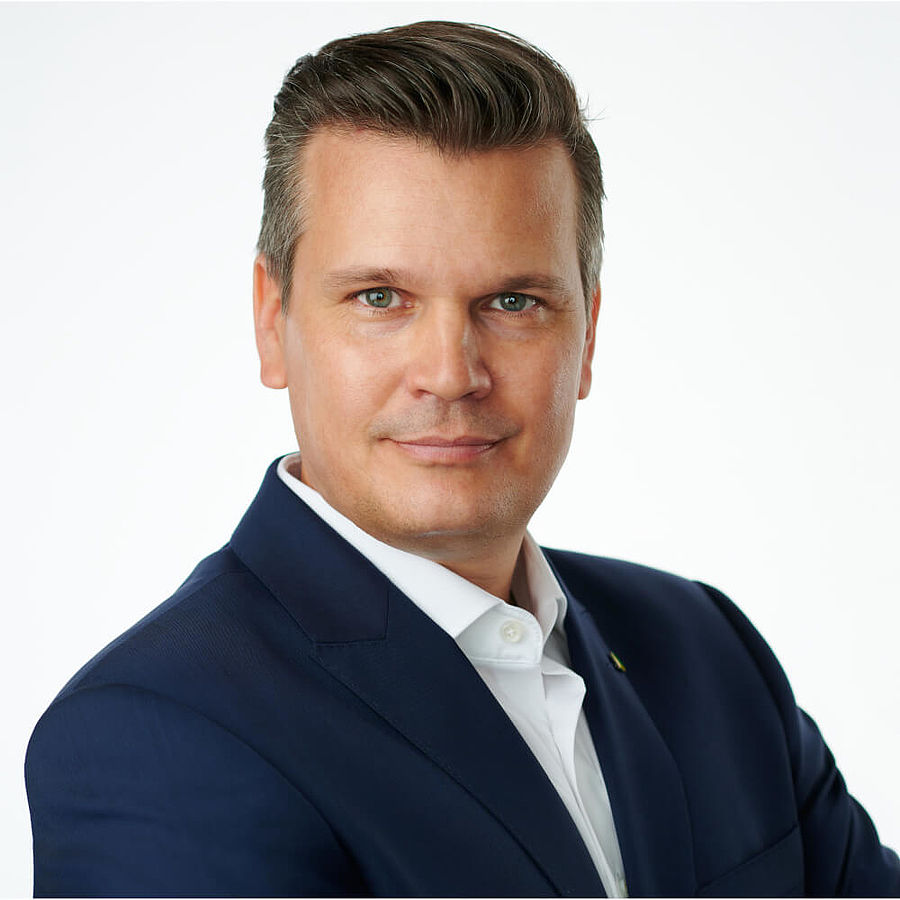
This project sets the stage for more floating solar opportunities. Many Asian cities face issues with land scarcity, so we are constantly looking at ways to adapt. Our solutions work locally, driven not only at the government level but also complemented by private sector initiatives.

